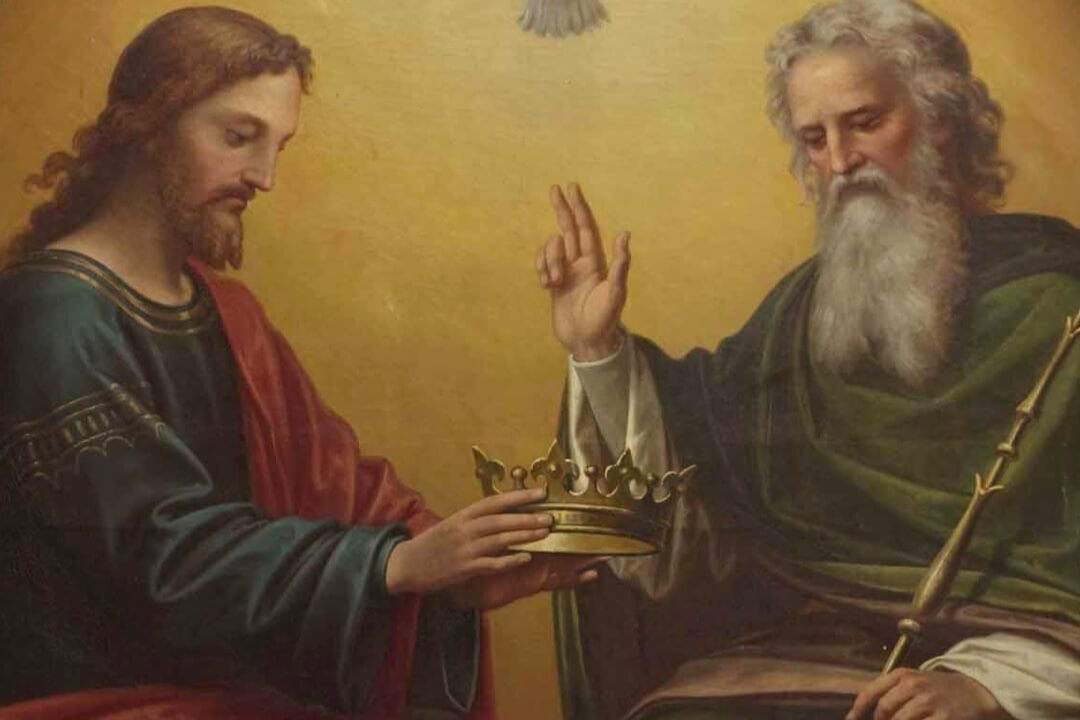Introduction
Trinity Sunday is the first Sunday after Pentecost in the Western Christian liturgical calendar, and the Sunday of Pentecost in Eastern Christianity. Trinity Sunday celebrates the Christian doctrine of the Trinity, the three Persons of God: the Father, the Son, and the Holy Spirit.
History
In the early Church, no special Office or day was assigned for the Holy Trinity. When the Arian heresy was spreading, the Fathers prepared an Office with canticles, responses, a Preface, and hymns, to be recited on Sundays. In the Sacramentary of St. Gregory the Great there are prayers and the Preface of the Trinity. During the Middle Ages, especially during the Carolingian period, devotion to the Blessed Trinity was a highly important feature of private devotion and inspired several liturgical expressions. Sundays are traditionally dedicated to the Holy Trinity.
The Micrologies written during the pontificate of Gregory VII list no special Office for the Sunday after Pentecost, but add that in some places they recited the Office of the Holy Trinity composed by Bishop Stephen of Liège (903–20). By others the Office was said on the Sunday before Advent. Alexander II (1061–1073), refused a petition for a special feast on the grounds that such a feast was not customary in the Roman Church which daily honoured the Holy Trinity by the Gloria Patri, etc., but he did not forbid the celebration where it already existed. A new Office had been made by the Franciscan John Peckham, Canon of Lyons, later Archbishop of Canterbury (d. 1292).
John XXII (1316–1334) ordered the feast for the entire Church on the first Sunday after Pentecost and established it as a Double of the Second Class. It was raised to the dignity of a primary of the first class, 24 July 1911, by Pope Pius X (Acta Ap. Sedis, III, 351). Since it was after the first great Pentecost that the doctrine of the Trinity was proclaimed to the world, the feast becomingly follows that of Pentecost.
Date
Trinity Sunday is the Sunday following Pentecost, and eight weeks after Easter Sunday. The earliest possible date is May 17 (as in 1818 and 2285). The latest possible date is June 20 (as in 1943 and 2038).
2019: June 16 (Western) June 16 (Eastern)
2020: June 7 (Western) June 7 (Eastern)
2021: May 30 (Western) June 20 (Eastern)
2022: June 12 (Western) June 12 (Eastern)
2023: June 4 (Western) June 4 (Eastern)
2024: May 26 (Western) June 23 (Eastern)

